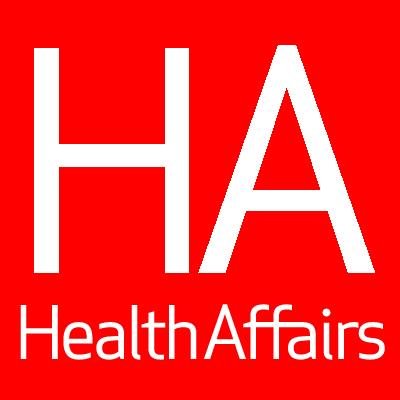Editor's Note Children’s hospitals are warning that newly enacted federal healthcare cuts will force them to scale back essential services and programs, jeopardizing care for the very populations Medicaid was designed to protect. The law, signed by former President Donald Trump and detailed in a July 9 article in Modern…

Editor's Note A surgical robot independently performed a lengthy phase of gallbladder removal with expert-level precision, according to a July 9 announcement from Johns Hopkins university. "This advancement moves us from robots that can execute specific surgical tasks to robots that truly understand surgical procedures," said medical roboticist Axel Krieger,…

Editor's Note US hospitals and health systems are facing growing financial pressure as inflation drives costs faster than reimbursement can keep up, according to a July 10 article in Health Affairs. Although growing steadily, healthcare spending has been largely stable when measured as a percentage of gross domestic product…

Editor's Note Recent recalls of the Ballard Closed Suction Systems from Avanos Medical Inc., Infant Heated Wire Circuits from AirLife/Vyaire, and Broselow Pediatric Emergency Rainbow Tape from AirLife have been designated as Class 1, the US Food and Drug Administration’s (FDA’s) most severe category indicating risk of serious injury or…

Editor's Note Providing tailored feedback to surgical prescribers significantly increased adherence to opioid prescribing guidelines without affecting patients’ ability to manage postoperative pain, according to research published June 11 in JAMA Surgery. The study tested whether monthly reports that included peer prescribing comparisons and patient-reported outcomes could influence opioid prescribing…

Editor's Note Using 3D-printed anatomical models during preoperative consultations significantly improved shared decision-making (SDM) and modestly reduced anxiety in colorectal surgery patients, according to a June 3 study published in JAMA Network Open. The single-center, cluster randomized clinical trial enrolled 51 adult patients scheduled for colon or rectal resection due…

Editor's Note Mayo Clinic researchers have developed an artificial intelligence (AI) system that detects surgical site infections (SSIs) from patient-submitted wound photos. According to the July 7 announcement, the model achieved 94% accuracy in detecting surgical incisions and an 81% area under the curve (AUC) in identifying infections. According to…

Editor's Note Logistical staff layoffs at the US Food and Drug Administration (FDA) are hindering the agency’s ability to scrutinize drug manufacturing safety in foreign countries, according to a July 7 report in ProPublica. A spokesperson from the US Department of Health and Human Services (HHS) told ProPublica that FDA…

When Betsy Grunch, MD, FAANS, FACS, FCNS, board-certified neurosurgeon known on TikTok and Instagram as @Ladyspinedoc, watched a viral video of a surgeon berating an OR nurse during a livestreamed procedure, she was incredibly bothered by the shameful display. She took to her popular platform and spoke out against that…

Editor's Note Recent early alerts from the US Food and Drug Administration (FDA), issued when the agency becomes aware of potentially high-risk issues, involve Abiomed’s Automated Impella Controller (AIC) and infusion pump software from Baxter. The AIC system, which is the user control interface for the Impella catheter blood pump,…